Category: State
-
Jill Underly, Deborah Kerr advance from Wisconsin superintendent of public instruction primary
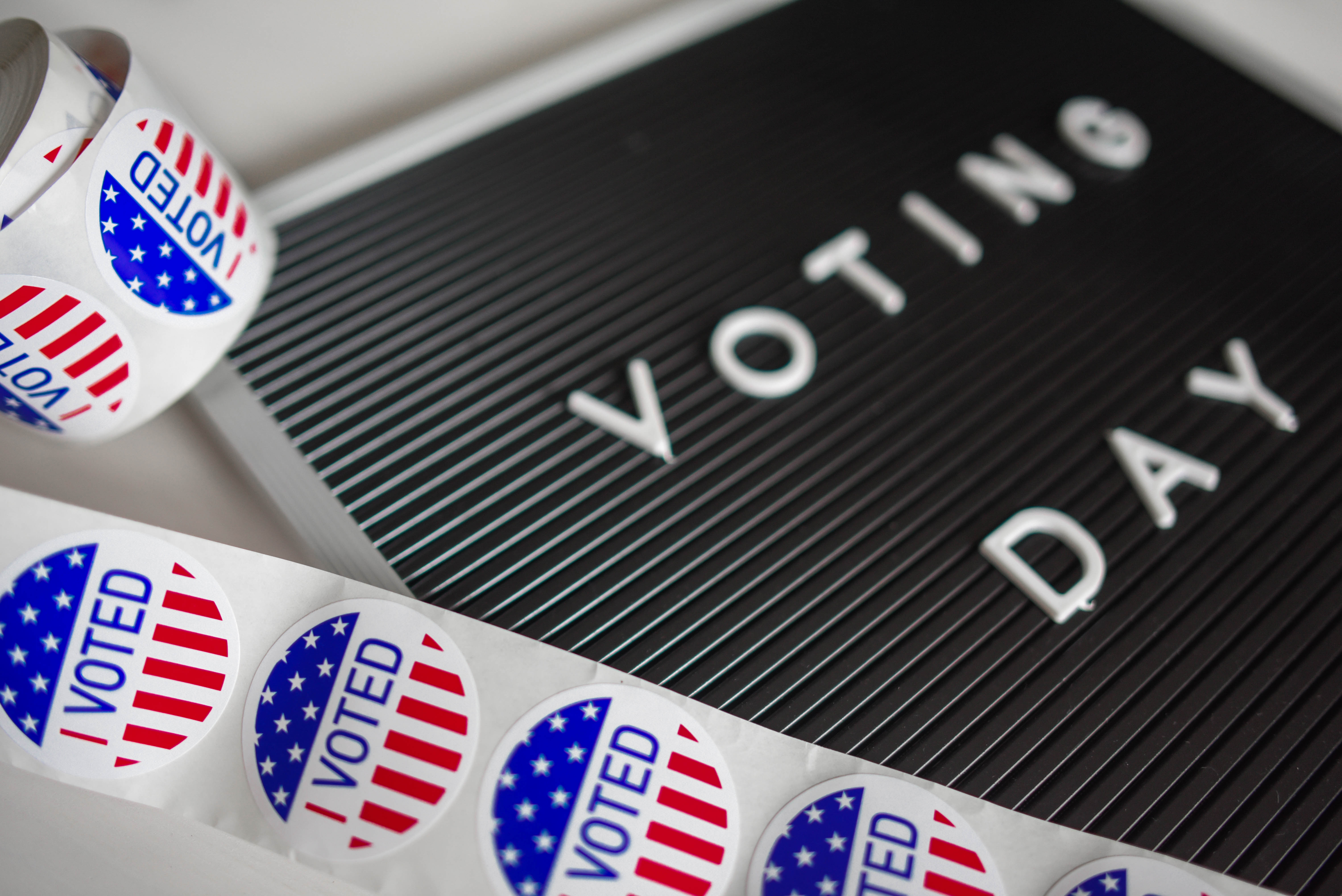
The statewide spring primary for Wisconsin was held on Feb. 16, 2021. If two or fewer candidates filed for each seat on the ballot, the primary was canceled and the candidates automatically advanced to the general election on April 6. The primary for the Wisconsin superintendent of public instruction was the only statewide nonpartisan race…
-
Iowa requires public schools to offer full-time, in-person instruction
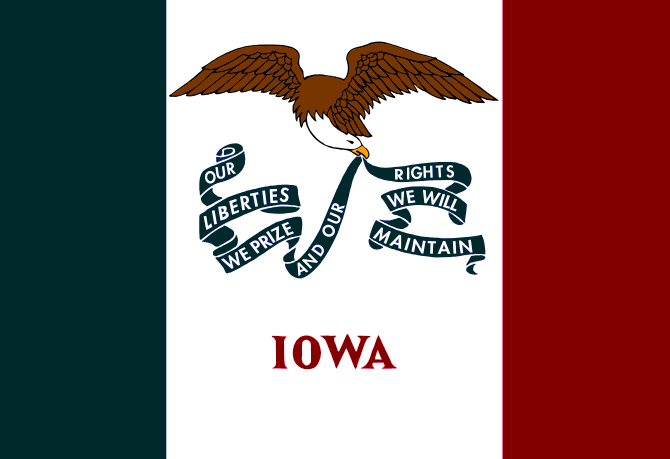
On Feb. 15, Iowa public schools were required to start offering full-time, in-person instruction for all grades. Gov. Kim Reynolds (R) signed the bill enacting the mandate on Jan. 29. The bill, which passed the state House and Senate with the support of all Republicans and one Democrat, allows parents to request a hybrid or…
-
Alaska House of Representatives elects speaker for 2021 session
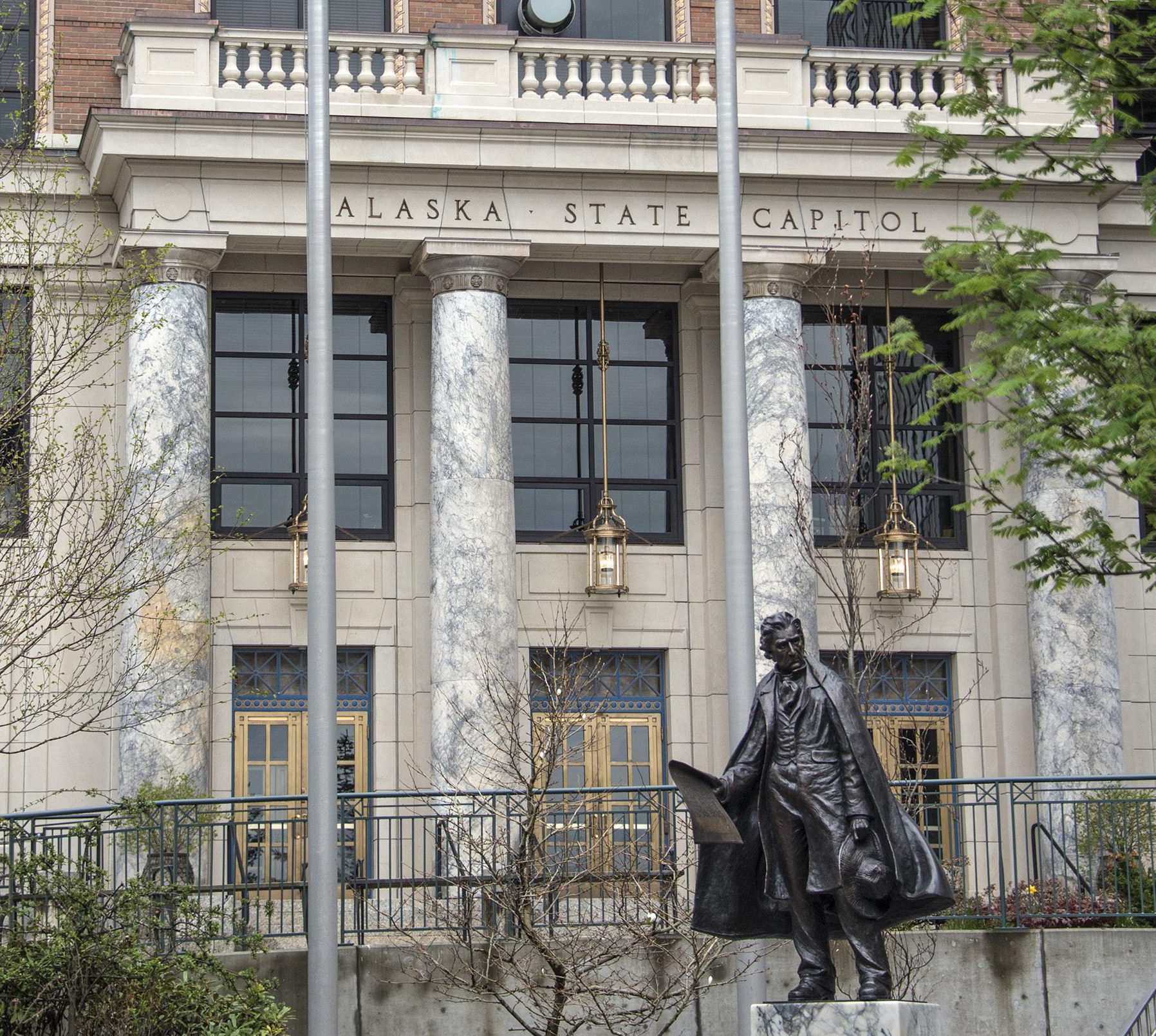
On Feb. 11, twenty-four days after the 2021 legislative session began on Jan. 19th, the Alaska House of Representatives elected a permanent speaker of the House. Members elected Rep. Louise Stutes (R) in a 21-19 vote. Since the start of the session, House members had been divided between supporters of a Republican-led majority and those…
-
Kansas state Senator Bud Estes dies
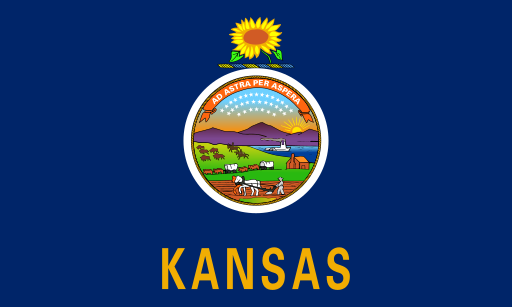
On Feb. 13, Kansas Sen. Bud Estes (R) died after being hospitalized with an illness. Estes was first elected to state Senate District 38 in 2016, serving until his death. Before that, Estes was a member of the Kansas House of Representatives, representing District 119 from 2013 to 2017. Estes ran for re-election to the…
-
Breaking down partisanship on the Delaware Supreme Court

Delaware is the only state in the country with a constitutional requirement mandating partisan balance on the state supreme court. In 1851, Delaware amended its constitution to include: “three of the five Justices of the Supreme Court in office at the same time, shall be of one major political party, and two of said Justices…
-
Previewing Wisconsin’s spring primary elections on Feb. 16
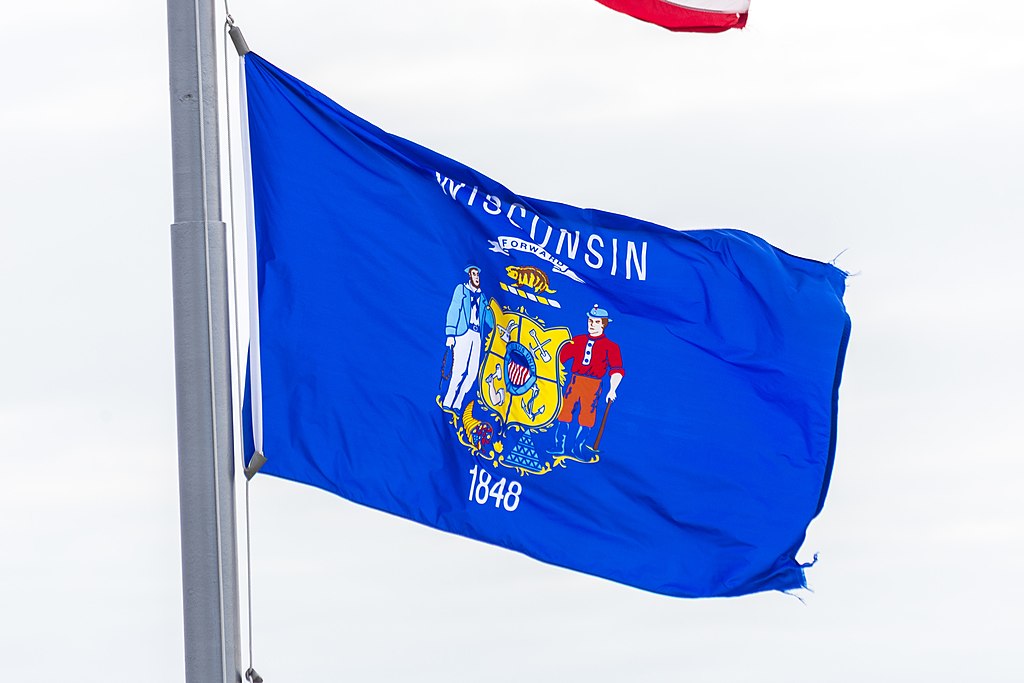
The statewide spring primary for Wisconsin is on February 16, 2021. The filing deadline to run passed on January 5. If two or fewer candidates filed for each seat on the ballot, the primary was canceled and the candidates automatically advanced to the general election scheduled for April 6. Wisconsin’s spring elections feature nonpartisan offices,…
-
Georgia Supreme Court chief justice announces 2021 retirement
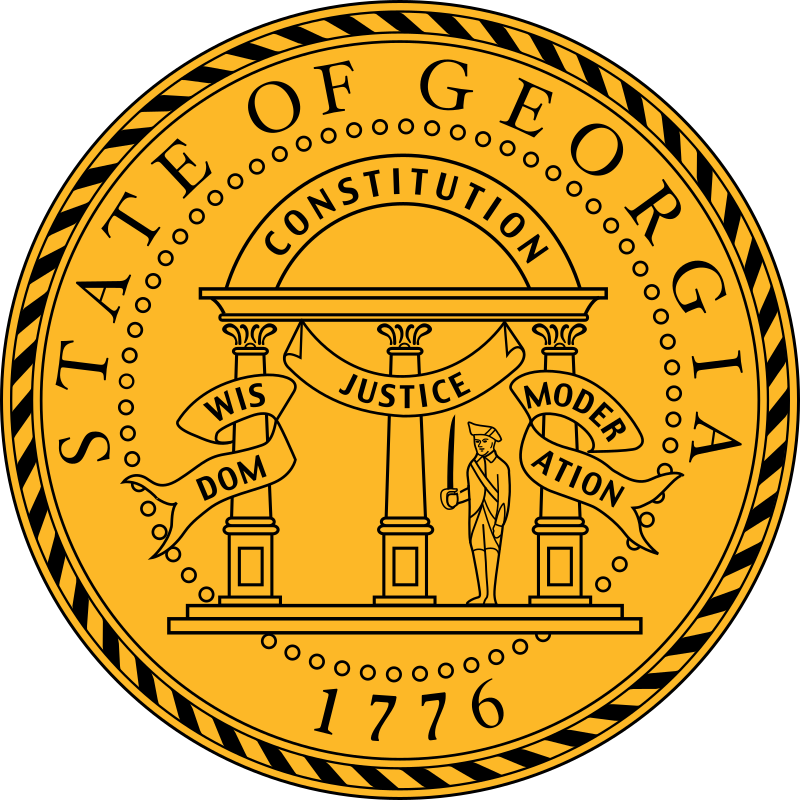
Georgia Supreme Court Chief Justice Harold Melton scheduled his retirement from the bench for July 1, 2021. Melton said he would begin his post-retirement planning following this announcement. Melton’s replacement will be Governor Brian Kemp’s (R) third nominee to the nine-member supreme court. Under Georgia law when an interim vacancy occurs, the seat is filled…
-
Washington Supreme Court rejects recall petition of county sheriff
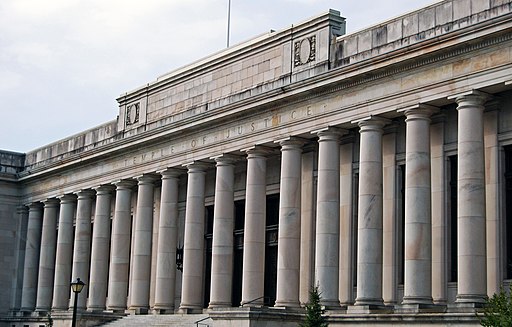
A petition seeking to recall John Snaza from his position as sheriff of Thurston County, Washington, was ruled to be legally and factually insufficient by the Washington Supreme Court on February 11, 2021. This court ruling ended the recall effort. The recall effort started after the sheriff’s office released a statement on June 24, 2020,…
-
Filing deadline passed Feb. 11 for special election in California Assembly district
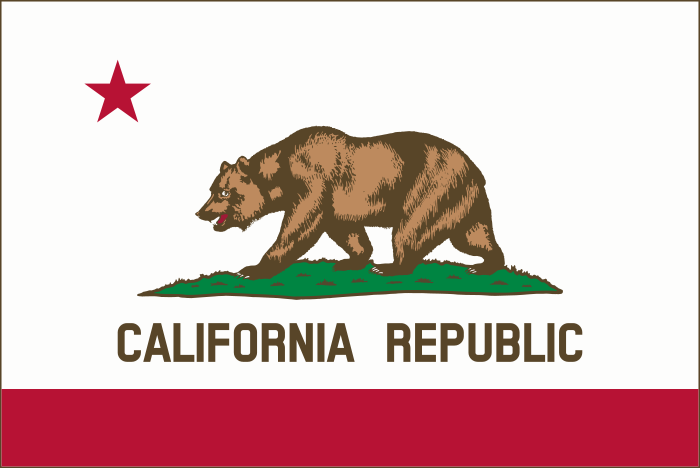
Candidates interested in running in the special election for California State Assembly District 79 had until February 11, 2021, to file. The primary election is scheduled for April 6, and the general election is scheduled for June 8. The special election was called after Shirley Weber (D) left office due to her appointment as California…

